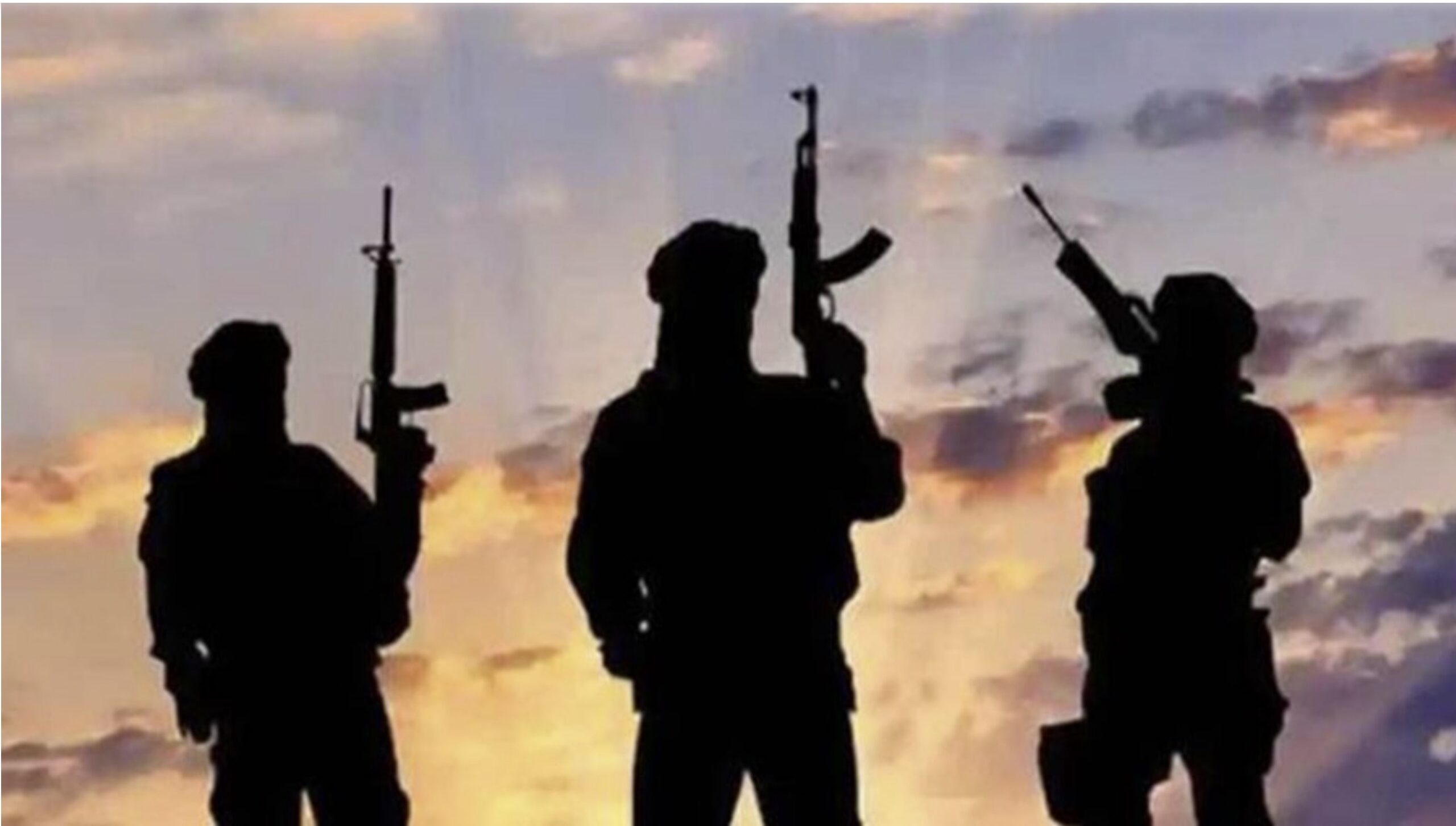A joyous baptism ceremony in western Niger turned into unthinkable horror Monday when gunmen on motorbikes stormed the gathering, killing 22 innocent people in what has become another devastating blow to a region already drowning in violence.
The massacre unfolded in Takoubatt village, nestled in Niger’s troubled Tillaberi region where families can no longer celebrate life’s most sacred moments without fear.
Witnesses described the chaos as armed attackers opened fire on the religious ceremony, cutting down 15 people at the baptism site before hunting down seven more villagers on the community’s outskirts.
“Once again, the Tillaberi region has been struck by barbarism, plunging innocent families into mourning and despair,” human rights activist Maikoul Zodi captured the community’s anguish in a social media post that resonated across the region.
This latest atrocity highlights the brutal reality facing ordinary Nigeriens trying to live normal lives in an area that has become a killing field.
Tillaberi sits precariously near the borders with Burkina Faso and Mali, making it a prime hunting ground for jihadist groups tied to Al-Qaeda and the Islamic State who treat civilian gatherings as targets rather than sanctuaries.
The timing couldn’t be more devastating for local morale.
Just one week earlier, around 20 soldiers lost their lives in the same region, proving that neither military personnel nor civilians are safe from the escalating violence that has consumed this corner of West Africa.
Human Rights Watch has been sounding increasingly urgent alarms about the deteriorating situation, revealing that IS militants have slaughtered more than 127 villagers and worshippers in Tillaberi through at least five separate attacks since March alone.
Each incident represents families torn apart, communities shattered, and a region slowly bleeding to death.
The numbers paint a grim picture of a country under siege.
Conflict-monitoring group ACLED estimates that nearly 1,800 people have died in Niger since October 2024, with a staggering three-quarters of those deaths concentrated in Tillaberi.
These aren’t just statistics – they represent teachers, farmers, mothers, fathers, and children whose only crime was living in the wrong place at the wrong time.
What makes the situation even more precarious is Niger’s increasing isolation on the international stage.
The military junta that seized power two years ago has systematically expelled French and American forces who had been helping combat jihadist insurgencies across the Sahel.
Now, regional forces find themselves largely alone against well-armed, highly mobile extremist groups that move freely across porous borders.








